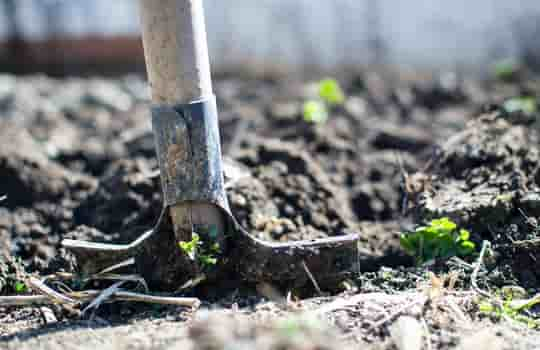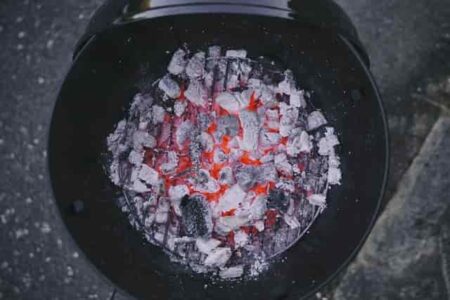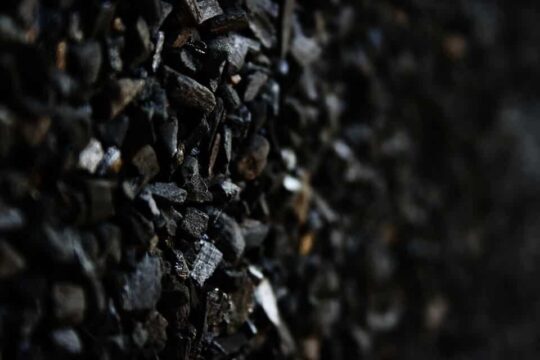Table of Contents
Can you add Charcoal to the Soil? Why you should do it in the first place?
- However, if you keep up with continuous overwatering even charcoal in the soil won’t be able to save your plant from root rot. You need to only water your succulents when the soil is dry. When in doubt hold back. They can put up with underwatering but not overwatering.
What kind of Charcoal is used for Plants?
- The charcoal needs to be free of added chemicals. Generally, charcoal used for burning is treated with chemicals. The charcoal you need to use for growing succulents needs to be completely untreated.
- The charcoal needs to have 100% of carbon and no trace of any unburned wood.
- Also, it must not affect the soil pH by any means.
Is Horticultural and Activated Charcoal Good for Succulents?
Activated Charcoal helps in removing bad smell and toxins from the soil. These charcoals are highly porous in nature so they help in better drainage. So yes activated charcoal or horticultural charcoals are one of the best soil components you can use. Activated charcoal is better than a horticultural one as it is more porous and removes gas, toxins better from the soil.
6 Benefits of using charcoal for growing succulents
Charcoal facilitates better root development and better uptake of nutrients
Charcoal layers can absorb nutrition from the soil and hence roots near the charcoal layer grows up to be healthier and as they remain nourished.
Charcoal act as a neutralizer & removes toxins
It helps in balancing out the harmful chemical composition of the soil. In case you regularly use tap water for watering your succulents, charcoals can come in handy. Activated charcoals help in absorbing the excess of Nickel, Copper, Iron, Cobalt from the soil commonly and makes the soil healthier for the succulent to thrive (source).
Charcoal absorbs excess water and prevents root rot
As they are highly porous they can hardly retain water for long. However, when placed at the bottom of the pot, they help in quickly absorbing the excess water from the upper part of the soil and hence helps in quicker drainage. This can especially important if you live in hot and humid climates to balance out the soil moisture levels after watering.

Activated charcoal is also known to have antifungal properties
It helps in keeping molds at bay and also minimizes the bad odor in the soil. This is one of the reasons why it is used in many products including deodorants, toothpaste, soaps, etc (source).
Keeps insects and other pests away
Providing a layer of charcoal helps in keeping pests and other insects away. This is a very important aspect as indoor plants are highly prone to pest manifestations. Succulents dislike damp soil so if you have a habit of overwatering your plants, it can facilitate the growth of insects and other pests. However, using charcoal in the soil helps in reducing it”s chances.
Prevents foul smell coming from the soil
The organic components of the soil can decay with time and produces a foul smell. Charcoal helps in removing the odor. This comes handy especially while growing succulent indoors.
Can you use Normal Charcoal instead of Activated Charcoal?
Normal charcoal or grilling charcoal is not the right kind of charcoal you should use for growing plants. They are rich in added chemicals that are totally unrequired for the plants. Moreover, these chemicals will accumulate in the soil and hamper the plant growth.
In case you use organic grilled charcoals you can still go ahead and try however for being on the safer side you should use activated charcoal. Plants are highly picky about their soil components as they absorb water, minerals, and all kinds of nutrition from the soil itself. So improper soil health will get reflected upon the plant growth.
- Also, they can in turn affect the soil pH as well. They can in turn make it more alkaline in nature which is not good news for succulents which prefers soil of slightly acidic pH.
What’s the difference between regular charcoal and activated charcoal?
Both regular charcoal and activated charcoal is obtained by burning organic materials at a high temperature. However, they have got some significant differences:
- When ordinary charcoal is put under extreme temperatures than its surface area increases and it becomes a lot more porous. This is how activated charcoals are formed and this is the reason they can better absorb water than regular charcoals and hence can help protect the plant against root rot.
- When the ordinary charcoal is heated at so much high temperature, its binding sites become free so the activated charcoal can easily bind with chemicals and toxins in the soil and hence prevent them from aggregation.

- Regular charcoal is not as porous as activated ones and hence do not absorb water as smoothly as the activated ones.
- Horticultural or activated charcoals are made keeping in mind the health of the humans and plants so they are devoid of any harmful chemicals. Grilling charcoals contain many chemicals that help in better burning. So activated charcoals are healthier than regular charcoals (source).
Do you need Activated charcoal for a succulent terrarium?
- One of the precautionary measures includes the use of activated or horticultural charcoal in the soil.
Things to Remember while using Charcoal for growing succulents
- Activated charcoal does not remain activated forever. Its abilities start to degrade with time. This is why one of the best practices is to repot your succulents once every two years. how long the charcoal in your pot soil will remain activated is hard to predict however you can aim to provide a new layer once a year.
- If instead of putting on a layer of charcoal in the potting soil you are aiming to add charcoal directly into the soil mix then add 1 part of charcoal with 9 parts of the soil mix containing potting soil, sand, pebbles, pumice, etc and not more than that.
- Charcoals can be a little bit alkaline in nature. Succulents love acidic soil pH. So if you use too much charcoal in the soil it can cause problems. So always use small amounts of charcoal for preparing succulent soil mix.
FAQ
Can you put charcoal in compost?
You should only put activated or horticultural charcoal into your compost. They can be used in preparing compost for the plants provided you use small portions. Never put grilling or regular charcoals into compost as it contains harmful chemicals. You can put one cup of activated charcoal per square foot of compost (source).
